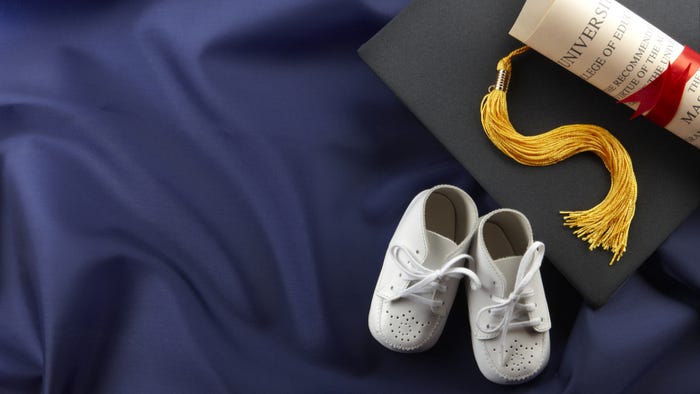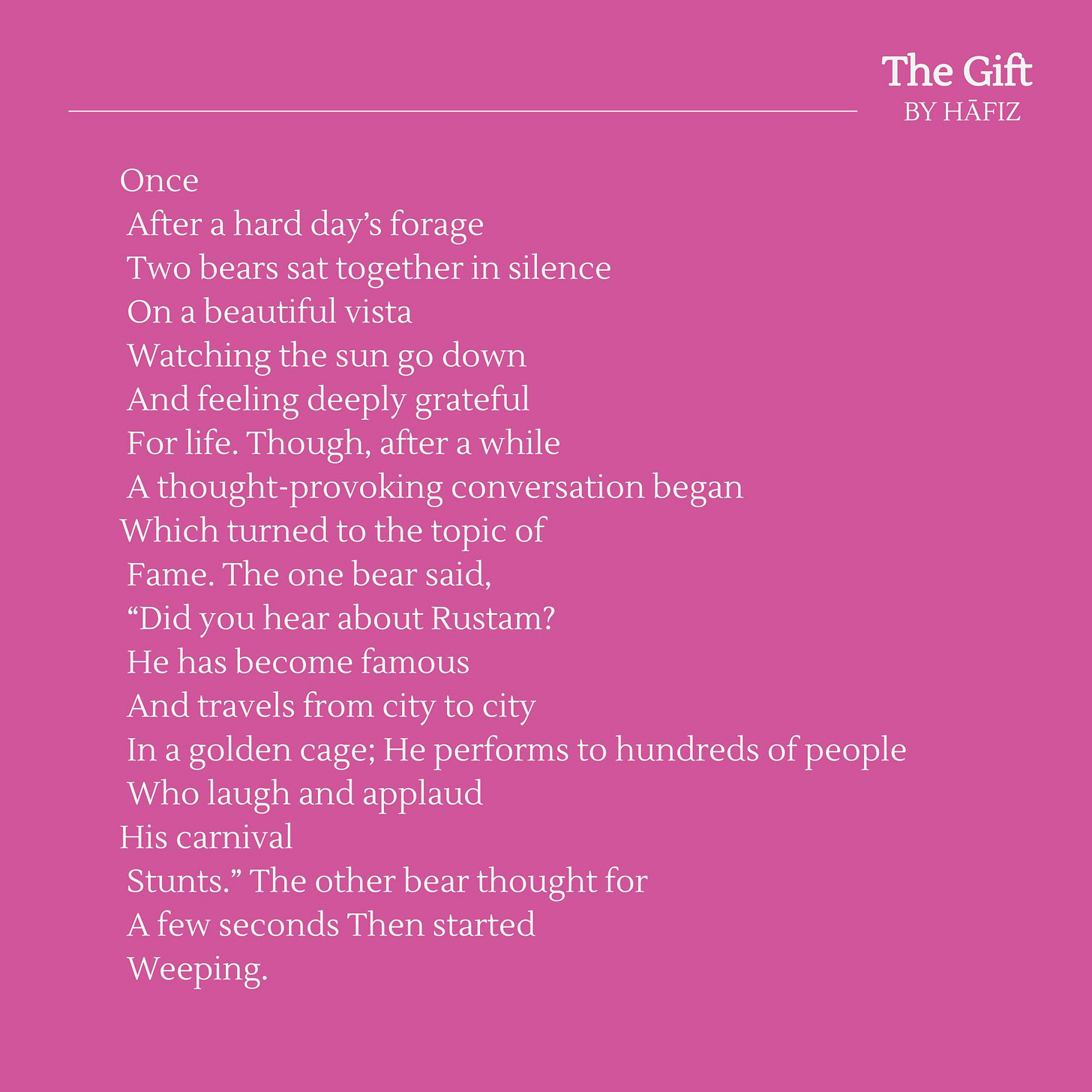Small Talks, No. 11
May 21, 2021
Welcome to the eleventh edition of Small Talks. Every Friday, I highlight 6 areas of weekly joys and reflections in early childhood and the whole family. Small Talks leverages my experience at the intersection of education, philanthropy and impact investing. Enjoy!
What I’m celebrating —
LEGO publishes a synthesis of 26 studies pointing to the benefits of play-based learning for young children in reducing inequities.
Washington State is the first state to license outdoor nature-based early care and education. [Note: Washington State is #21 on list of states with worst weather]
Multiple states (Oregon and Illinois) pass bills for data collection on student parents. Bravo to all the advocates.
At last, hugs: a beautiful and emotional set of pictures.
What I’m listening to —
Brief video that gets to the point - “End the obsession with cognitive skills” - by Dr. Jim Heckman.
On a related topic, a long video featuring Dr. Kyung Hee Kim about our “creativity crisis” in America. Using the Torrance creativity test, Dr. Kim demonstrated that creativity has dramatically declined over the past 30 years. She also showed that the Torrance test is 3x more predictive of creative achievements than IQ tests.
Dr. Kim updated her research in 2017: the crisis is growing worse, especially for younger children. (which she attributes to our test culture)
What I’m reading —
“Whole-Child Development, Learning, and Thriving: A Dynamic Systems Approach” by Pamela Cantor, Richard Lerner, Karen Pittman, Paul Chase, and Nora Gomperts, digs into science to explain how children develop through a system of dynamic relationships, and the collective set of contexts that they experience across their life spans. They name and challenge the fallacies that drove the design of the 20th century education system and propose a new purpose for a 21st century education system – creating environments in which all children can thrive.
I particularly enjoyed the table about the 7 false assumptions and the knowledge and evidence against it.
“Contexts – relationships, environments, and experiences in and out of school – are the primary determinants of learning and development” (e.g., ImmordinoYang et al., 2019; Slavich, 2020).
“The potential of a child is not knowable in advance. The purpose of education should be to develop and extend the talents and potential in each child. Human development is a jagged process with peaks and valleys along the way.” (Rose, 2016).
What I’m watching —
“Tomorrow's Hope: The Promise of Early Childhood Education” tells the inspiring stories of three high schoolers, who went to high quality early childhood education in Chicago (Educare).
“Heeling Neen: One Woman’s Path to Salvation” is a documentary about trauma, featuring Tronier Neen who was incarcerated 66 times before a program Circle of Security helped transform her life. 85% girls in the juvenile system were former victims of physical abuse, and 85% homeless women were victims of early childhood trauma - Warning: highly emotional.
What I’m learning and exploring more deeply —
Researcher Andrew Meltzoff at I-LABS at the University of Washington has conducted fascinating research on altruism in young children. He showed that infants help others even when that involves giving up something precious.
“The unselfish behavior of infants suggests that being socially aware of others is fundamental to what it means to be human. Wisdom comes from the mouths of babes.”
Excellent forward-looking report by Capita on what to expect from Gen Z becoming parents.
This highly concerning piece “How Can Edtech Help Students of Color” highlights that there is barely any research on which digital learning practices benefit students of color.
Poem I am pondering —
Feedback is a gift. Which part above is your favorite? What did I miss? What do you want more or less of? Other recommendations? Please kindly let me know.
If you enjoy this newsletter, please help spread the word by sharing with your friends, colleagues, and networks.
Have a wonderful week. Please stay safe and care for each other.
Isabelle



